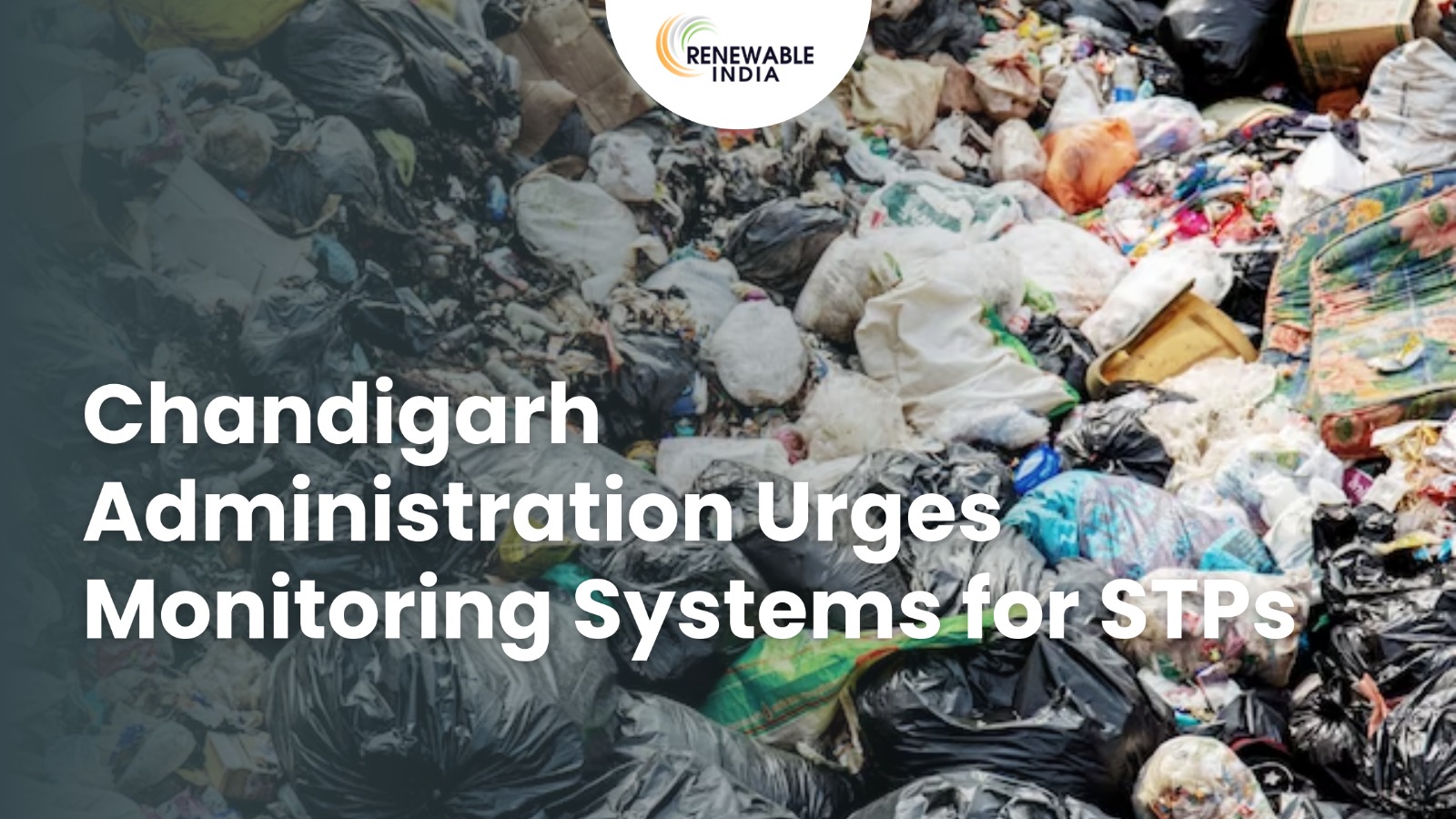
In an era where environmental sustainability stands as a paramount concern, Chandigarh has been steadfastly dedicated to embracing eco-conscious practices. Chandigarh has consistently been committed to implementing environmentally friendly behaviours in a time when environmental sustainability is of the utmost importance. A significant stride in this direction was witnessed during a comprehensive review meeting convened under the chairmanship of UT Advisor Mr. Dharampal.
In accordance with the National Green Tribunal’s guidelines, the meeting’s main objective was to assess the improvements made in the city’s solid waste management and liquid waste management systems. This meeting, which was held on Tuesday, represents a crucial milestone in Chandigarh’s development towards a future that is more environmentally conscious and sustainable.
The meeting, led by the able guidance of UT Advisor Dharampal, showcases Chandigarh’s commitment to upholding the directives of the National Green Tribunal. The city wants to make sure that its waste management practices are not only legal but also more focused towards minimising environmental damage. To that end, it has established a forum for evaluation and discussion.
Environmental protection: Chandigarh strives to safeguard and preserve its natural surroundings by concentrating on comprehensive waste management. Water bodies are not contaminated when liquid waste is managed properly, protecting the local ecosystem.
Health and Hygiene: Good solid waste management lowers the dangers of pollution on human health. Waste management practices that are timely and effective lead to cleaner air, water, and environments, which promote public health and hygiene.
Resource Conservation: Using sustainable waste management techniques promotes the preservation of priceless resources. Chandigarh can maximise resource use and lower its carbon footprint by using effective recycling and waste-to-energy systems.
Eco-friendly waste management techniques: They can have a positive impact on the economy. For example, recycling programmes can lead to job possibilities, while waste-to-energy programmes can improve the city’s energy security.
Positive Civic Engagement: A city that is dedicated to sustainable waste management can motivate its residents to actively take part in eco-friendly activities. In turn, this encourages a feeling of ownership and participation in the community.
The comprehensive evaluation meeting highlights Chandigarh’s sincere attempts to raise the bar for its waste management systems. The city not only complies with legal requirements by matching its practices with the National Green Tribunal’s standards, but it also indicates that it is taking an active role in preserving the environment for future generations.
Initiatives like these made by Chandigarh are an example of the possibilities for effective change at the local level as the globe struggles with escalating environmental problems. The dedication shown by UT Advisor Mr. Dharampal and the teamwork demonstrated in the review meeting established an example for other cities to follow.
In conclusion, Chandigarh’s proactive efforts to manage solid and liquid waste both inspire and provide hope for a more sustainable future. The city is aiming to create a cleaner, more environmentally friendly, and healthier environment for everyone through its dedication to compliance and ongoing improvement.
From Waste to Wonder – India’s Sugarcane Fibre Transformation
Leave a Reply